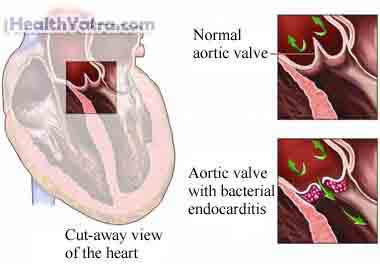Definition
Salmonellosis is an infection with the bacteria salmonella. It is a rod-shaped bacteria that can live in a variety of conditions, including in water, soil, raw meats, raw poultry, eggs, animal feces, insects, and raw seafood.
This condition can be serious in weakened populations, including the elderly and infants. In those cases, it should be treated by a doctor. Rarely, more serious complications can occur, such as endocarditis, bacteremia, and osteomyelitis,.

Causes
Salmonellosis is caused by ingestion of a strain of the bacteria, Salmonella. After the bacteria is ingested, within 6-48 hours Salmonella will pass through the stomach to the intestine where inflammation occurs and spreads. The main types of Salmonellainclude:
- S. enteritidis
- S. typhimurium
- S. typhi
Risk Factors
Factors that increase your risk of getting salmonellosis include:
- Eating raw or undercooked meat, poultry, eggs, fish, or seafood
- Eating unpasteurized dairy products
- Eating other contaminated foods
- Drinking contaminated water
- Handling reptiles, especially turtles
- Having a compromised immune system, such as in:
- Elderly persons
- Infants
- People with HIV/AIDS
- People with low stomach acidity (eg, those who take medicine that reduces stomach acid)
Symptoms
If you have any of these symptoms, do not assume it is due to salmonellosis. These symptoms may be caused by other, less serious health conditions.
- Nausea
- Diarrhea
- Abdominal cramps
- Fever
- Vomiting
- Headaches
Diagnosis
Your doctor will ask about your symptoms and medical history. A physical exam will be done. Your doctor may test your stool or blood to confirm presence of Salmonellabacteria
Treatment
Over-the-counter medicines or oral rehydration solutions may be used to treat the symptoms of salmonellosis. The symptoms will usually improve on their own within 2-5 days. If symptoms are severe, talk with your doctor about the best treatment plan for you. Treatment options include the following:
- Rehydration therapy — With diarrhea and vomiting, oral or IV (given through a vein) fluid replacement is needed. Electrolytes may also be added to the solution.
- Acetaminophen or ibuprofen — Over-the-counter pain relievers may be used to reduce fever or treat headaches and other pain.
- Antibiotics — These are required in severe cases. Antibiotic use in non-severe cases does not improve a person’s outcome. It may cause the disease to last longer.
Prevention
To help reduce your chance of getting salmonellosis, take the following steps:
- Frequently wash hands and surfaces.
- Wash hands and cutting boards with hot soapy water before and after handling raw foods.
- Wash hands and utensils thoroughly between handling raw meats, fish, or poultry.
- Do not use the same cutting boards for raw meats and raw vegetables.
- Cook all foods to appropriate temperatures.
- Place foods in the refrigerator promptly.
- Wash hands after handling reptiles.
- Certain medicines, like those to reduce stomach acid, may increase your risk for salmonellosis. Talk to your doctor about this risk.
